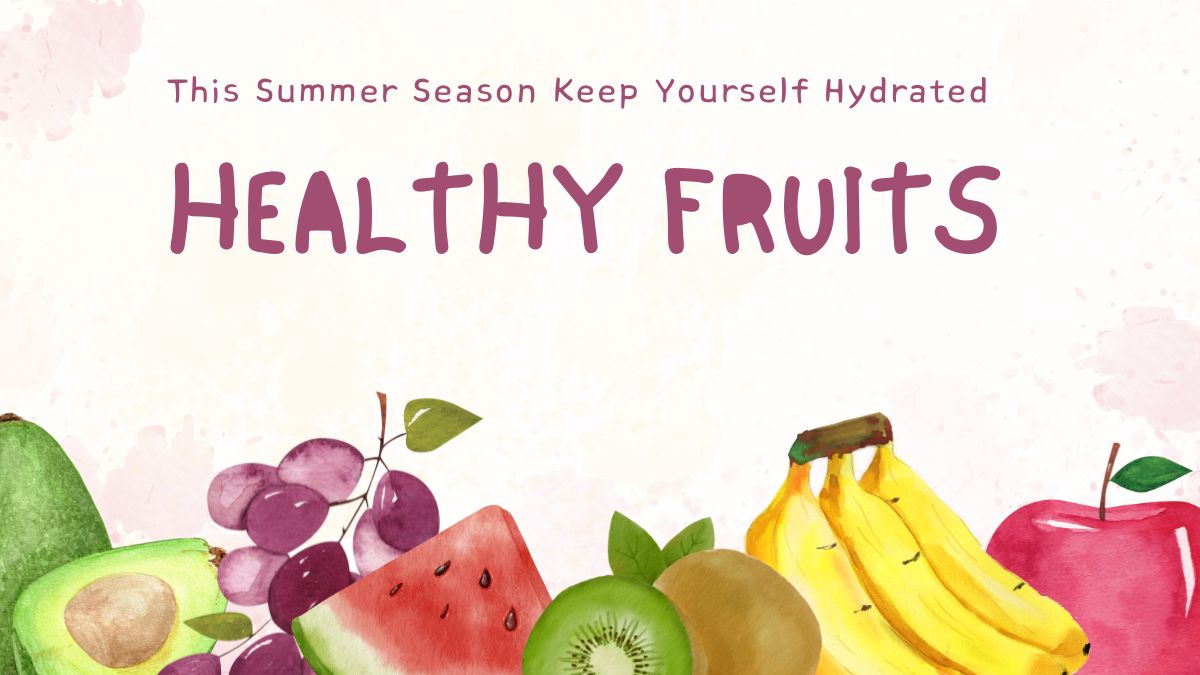- By Priyanka Munshi
- Fri, 05 Apr 2024 10:21 AM (IST)
- Source:JND
Fruit consumption is not only a tasty pleasure but also a wise move when it comes to staying hydrated, particularly on those hot summer days. Water-rich fruits, such as melons, oranges, strawberries, and grapes, can help replace lost fluids through perspiration in hot temperatures. They also supply important minerals, vitamins, and antioxidants that enhance immunity and general health.
Not only does eating a range of fruits keep you hydrated, but they also help with digestion, skin tone, and energy levels. That's why fruits are the ideal snack to keep you feeling cool during the summer. Incorporate some colourful fruits into your diet this summer to stay naturally hydrated, according to WebMD.
Watermelon
With its low- calories and sweet taste, watermelon is the ultimate summertime pleasure. Lycopene, an antioxidant that benefits the skin and shields cells from UV damage, is found in watermelon, which has a water content of 91%.
Also Read: Suffering From Asthma? Know 5 Common Myths Surrounding This Chronic Respiratory Condition
Cucumber
Cucumbers are low-calorie, high-water foods that can reduce inflammation and prevent aging. You can eat cucumbers in salads or with some dips, too.

You can eat some water-rich fruits like melons, oranges, strawberries, and grapes.(Image Credit:Canva)
Tomato
Tomatoes, which contain 95% water, naturally enhance the taste of sandwiches and salads. Antioxidants such as lycopene can help fight cancer, lower bad cholesterol, and improve heart health.
Grapefruit
A fruit's sour tang can stimulate your senses, help you stay 90% hydrated, and supply fiber and essential nutrients—particularly vitamin C, which supports your immune system and protects your cells.

Water rich-fruits also supply important minerals, vitamins, and antioxidants that enhance immunity and general health.(Image Credit:Canva)
Also Read: Is Vegan Diet Beneficial for Diabetes Patients? Know From Doctor
Strawberries
With a 91% water content, strawberries are an excellent source of antioxidants, especially flavonoids, which support cognitive function.
(Disclaimer: This article is for informational purposes only. It is not a substitute for professional advice, diagnosis or treatment.)

